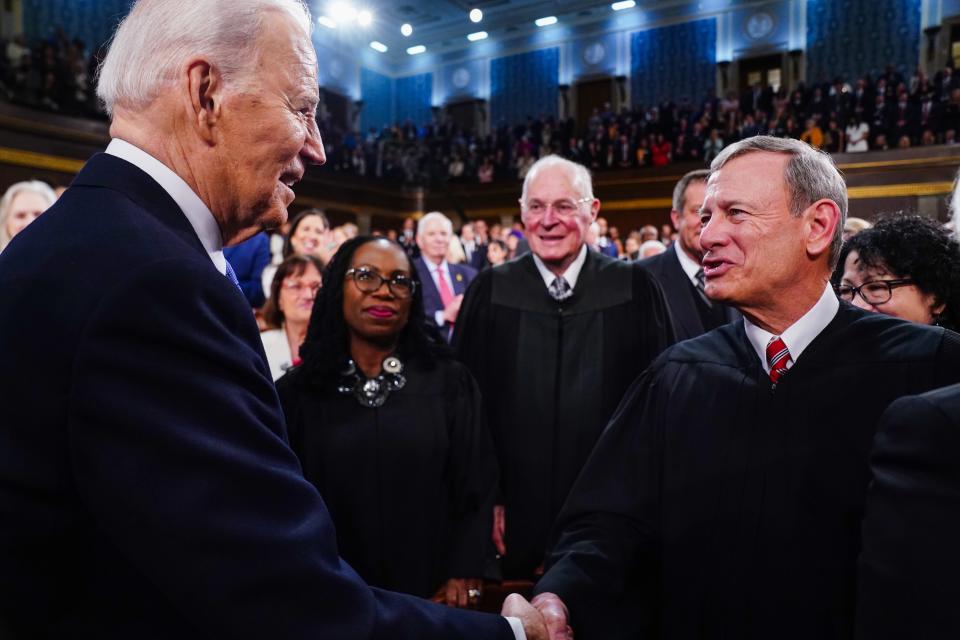Seems like Texas gets all the Texas-sized court cases of national importance. Why is that?
Q. Why do all the important cases seem to be decided by judges in Texas?
A. All federal district courts generally have jurisdiction, the legal ability to hear a case, over matters arising under federal law or the U.S. Constitution. However, choosing where, or the venue, is a bit more complicated. The people bringing a suit like to pick a place that might be more open to the claims. This practice, often called “forum shopping” or “judge shopping,” has been around a long time and there is a wealth of law on when and how courts will decide to change the venue of a case.
The reason that Texas has been particularly important to this discussion is due to both the conservative leanings of the judges sitting in certain Texas districts, and the opportunity presented by how the federal divisions are setup in the state. In many jurisdictions the judge is assigned randomly when a case is filed. However, in certain parts of Texas, there are divisions where only one or two judges can hear new civil cases. This means that litigants are able to pick their judge by filing in that division.

The end result is that many important cases have been filed in Texas, and in particular, in the Northern District of Texas, so that these single-judge divisions are deciding some of the most nationally significant cases in areas such as immigration, abortion, contraception and gun regulation. Since federal judges can issue injunctions that affect the entire nation, which judge hears the case can be particularly important and while one can appeal a decision, appeals take time and have no guarantees.
Another Civics Project explainer: Civics Project: Can good government and artificial intelligence go hand-in-hand?
The extent of forum shopping has raised concerns, with even Supreme Court Chief Justice Roberts noting that it can affect public confidence in the courts. Some courts, even in Texas, have started to take a more proactive approach to forum shopping. In a recent case filed against a federal agency based in Washington, D.C., a Texas federal district judge asked the plaintiffs why their lawsuit belonged in Texas when only one plaintiff of the six had even a remote tie to the area.
In an effort to limit forum shopping, the Judicial Conference, a committee of judges which develops rules and policies for federal courts, announced a new policy intended to make it harder to pick your judge. The policy recommends random judicial assignment in a district for cases with national or statewide implications. The American Bar Association previously endorsed this idea.
Another Civics Project column: Politics: Why it seems like American voters are unhappy about everything
However, the policy from the Judicial Conference is only guidance at this point. It is not clear that that it will be adopted by all federal districts. Until then, Texas is likely to remain the focus of national litigation.

Kevin Wagner is a noted constitutional scholar and political science professor at Florida Atlantic University. The answers provided do not necessarily represent the views of the university. If you have a question about how American government and politics work, email him at kwagne15@fau.edu or reach him on Twitter @kevinwagnerphd. You can read past columns here: https://www.palmbeachpost.com/search/?q=kevin+wagner
This article originally appeared on Palm Beach Post: Texas, a hotbed of forum-shopping in national court cases

